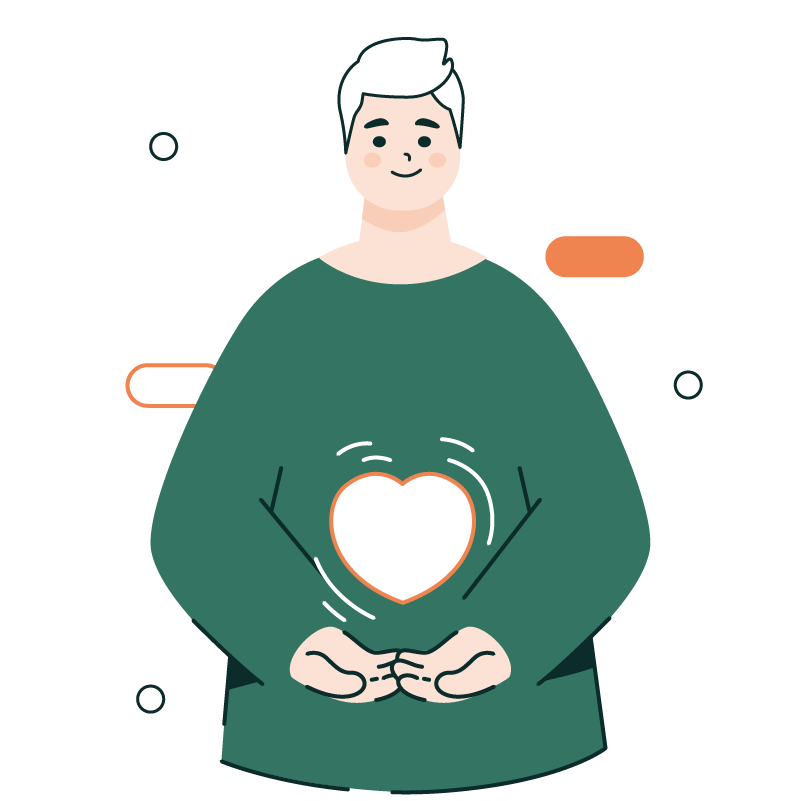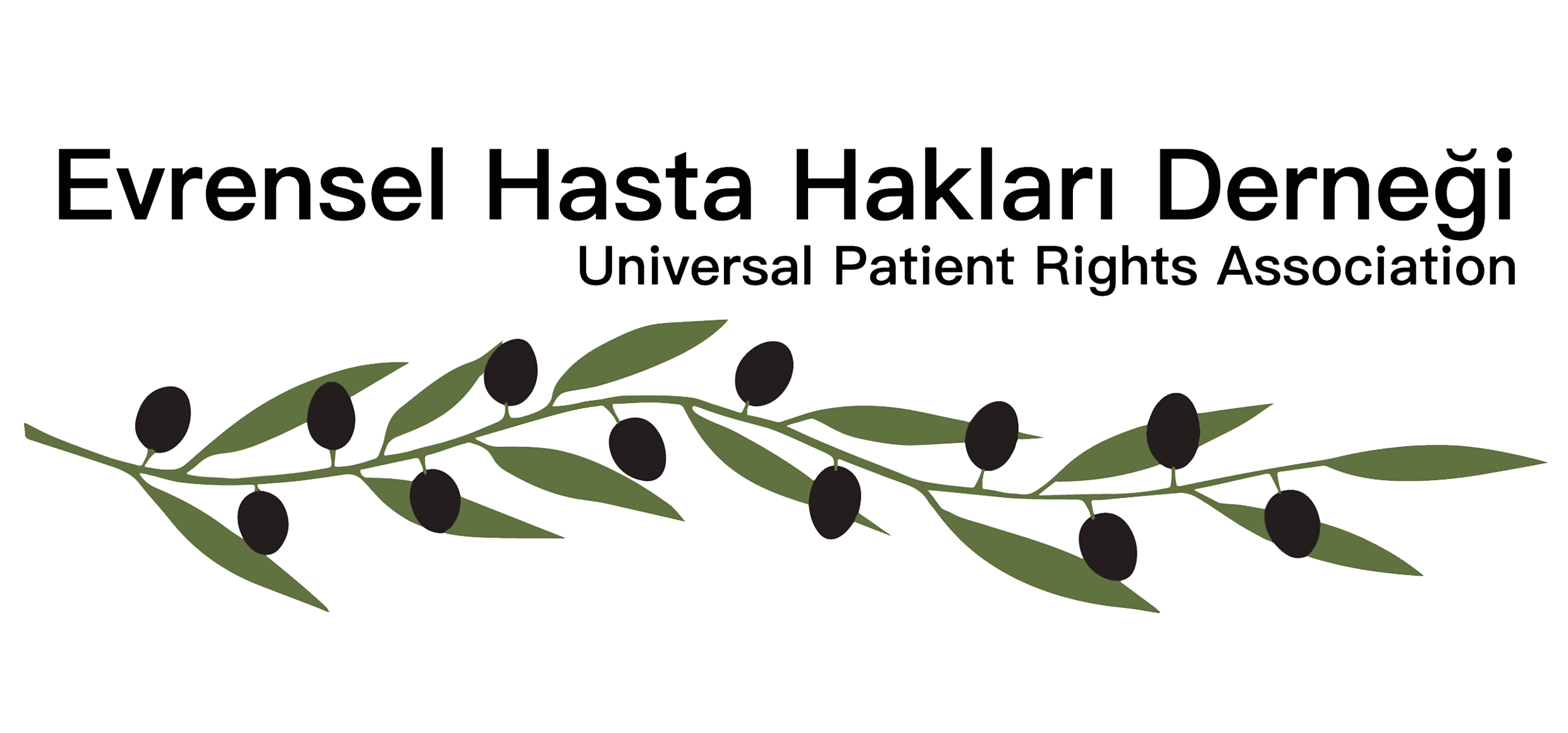History of Universal Patient Rights Association
Universal Patient Rights Association (UPRA) was founded in 2002 in northern part of Cyprus in order to raise awareness in patients’ rights, advocate for enactment of 14 patient rights in the country. Our organisation is directly supported by North Cyprus Thalassemia Association, Association for Persons with Orthopaedic Disability and Help Those with Cancer. These CSOs are three of most prominent health organisations within the Turkish Cypriot Community.
When UPRA was founded there was no specific law, legislation or charter for the protection of the patients’ rights in north Cyprus and unfortunately the situation still remains the same as the draft law prepared by UPRA which was submitted to the Health Administration in 2008 became obsolete with changing governments. Therefore, UPRA has recently intensified its efforts in creating awareness raising campaigns about patient rights so that the general public can begin to demand their rights from the authorities; and also is persistent about being involved in policy/decision making processes and implementation of the health policies. For that reason UPRA recently became a member of complaints committee representing the patients, under the auspices of Health Administration
In that sense UPRA serves as the only organisation in northern part of Cyprus whose mission is based on patient rights and who is offering support for patients and their relatives in their struggle with violation of their rights.
UPRA’s scope of work is not limited to advocacy work and awareness rising but also involves capacity building on patients’ rights through tailor-made trainings available for other CSOs as well as individual participants.
Patients’ rights
Formalized in 1948, the Universal Declaration of Human Rights recognizes “the inherent dignity” and the “equal and unalienable rights of all members of the human family”. And it is on the basis of this concept of the person, and the fundamental dignity and equality of all human beings, that the notion of patient rights was developed. In other words, what is owed to the patient as a human being, by physicians and by the state, took shape in large part thanks to this understanding of the basic rights of the person.
Patients’ rights vary in different countries and in different jurisdictions, often depending upon prevailing cultural and social norms. Different models of the patient-physician relationship—which can also represent the citizen-state relationship—have been developed, and these have informed the particular rights to which patients are entitled. In North America and Europe, for instance, there are at least four models which depict this relationship: the paternalistic model, the informative model, the interpretive model, and the deliberative model. Each of these suggests different professional obligations of the physician toward the patient. For instance, in the paternalistic model, the best interests of the patient as judged by the clinical expert are valued above the provision of comprehensive medical information and decision-making power to the patient. The informative model, by contrast, sees the patient as a consumer who is in the best position to judge what is in her own interest, and thus views the doctor as chiefly a provider of information. There continues to be enormous debate about how best to conceive of this relationship, but there is also growing international consensus that all patients have a fundamental right to privacy, to the confidentiality of their medical information, to consent to or to refuse treatment, and to be informed about relevant risk to them of medical procedures.
The Universal Declaration of Human Rights has been instrumental in enshrining the notion of human dignity in international law, providing a legal and moral grounding for improved standards of care on the basis of our basic responsibilities towards each other as members of the “human family”, and giving important guidance on critical social, legal and ethical issues. But there remains a great deal of work to be done to clarify the relationship between human rights and right to health, including patient rights. Recognizing this challenge, the United Nations Commission on Human Rights (UNHCR) has designated a Special Rapporteur to provide it with a report that examines and clarifies the broader relationship between human rights and the right to health. This report has great importance for the World Health Organization, whose mission is to ensure “health for all”. Grounding this mission in a fundamental human right to health would be an important milestone, and a great step forward realizing this goal.
Genomics and patients’ rights
Genomics, like any new approach or technology, presents its own challenges in assuring the protection of basic rights. Despite variations in local legislation and administration of patients’ rights, it is important in the case of genomics, as with any other medical intervention, that patients receive treatment consistent with the dignity and respect they are owed as human beings. This means providing, at minimum, equitable access to quality medical care, ensuring patients’ privacy and the confidentiality of their medical information, informing patients and obtaining their consent before employing a medical intervention, and providing a safe clinical environment.
Genomics-based research and genetic technologies raise concerns, however, in relation to several of these issues. For instance, ensuring the confidentiality of genetic information, given its bearing on the health of relatives and sometimes of communities, presents a particular challenge, as does communicating genetic risk, which often involves probabilities rather than certainties. Genetic information is often seen as having a peculiar importance, and so can provide fodder for unfair discrimination of individuals and groups who have particular “genetically determined” conditions. Individuals may therefore have reservations about the use of genetic information by third parties and possible harm that could result, including the denial of health or life insurance, opportunities for education and employment, as well as in some cases financial loan eligibility. Because genomic-based research often occurs at the population level—as with genebanks and pharmacogenomics, for instance—obtaining authentic informed consent may be difficult, as it is not always clear what uses genetic material may be put to in the future, in light of unanticipated technological developments. All of this makes it imperative that health care providers and genetic counsellors be carefully trained, in order that they can provide appropriate information, guidance and support to patients and their families. These issues, among other, are addressed in greater detail in the section of this web-site that addresses the ethical, legal and social implications (ELSI) of human genomics.
Education, policy and protecting basic rights
Assuring that the rights of patients are protected requires more than educating policy makers and health providers; it requires educating citizens about what they should expect from their governments and their health care providers—about the kind of treatment and respect they are owed. Citizens, then, can have an important part to play in elevating the standard of care when their own expectations of that care are raised. Some countries have recognized this, and have advanced their knowledge of genomics in public, academic and scientific spheres. Some follow democratic procedures to vote on resolutions pertaining to genomics. This knowledge and active engagement empowers lay individuals to make informed decisions about the future of genomics, both at the personal and at the policy level. Switzerland is the only country that has made a vote on genetic engineering in the future, with nearly two-thirds of its population voting against a referendum to ban genetic engineering. Countries that have not made an active effort to educate and inform the public on the implications of genomics impede the development of policies and legislation that can protect patient rights by ensuring the appropriate development and application of genomic-based tools and genetic interventions. The creation of effective patient protection laws relies on public knowledge of genetic science and its applications, along with an awareness of the ethical, social, and legal issues surrounding genomics.
Raising awareness of genomics and genetic services and technologies among the general public and patient populations can lead to fruitful advancement of genomics for broad health benefits. In the 2002 Genomics and World Health Report, the WHO Advisory Committee on Health Research (ACHR) strongly recommended that Member States implement educational programmes aimed to raise awareness of genetics among the public. Member States are also encouraged to facilitate a two-way dialogue between the public and policy makers in order to guide the future development of ethical and regulatory systems of clinical practice.
source: http://www.who.int/genomics/public/patientrights/en/
Contact Us
Let’s seek justice together!

Join Us
Would you like to volunteer?
Contact Us
Fill in the form and contact us
Please feel free to contact us at EHHD with any questions you may have, to share your story, to report an incident, or for any concerns regarding your rights. Together, let’s empower and support each other.
Get involved, donate, advocate.
Join EHHD today and empower our cause!
Call Us: 0392 228 83 37
